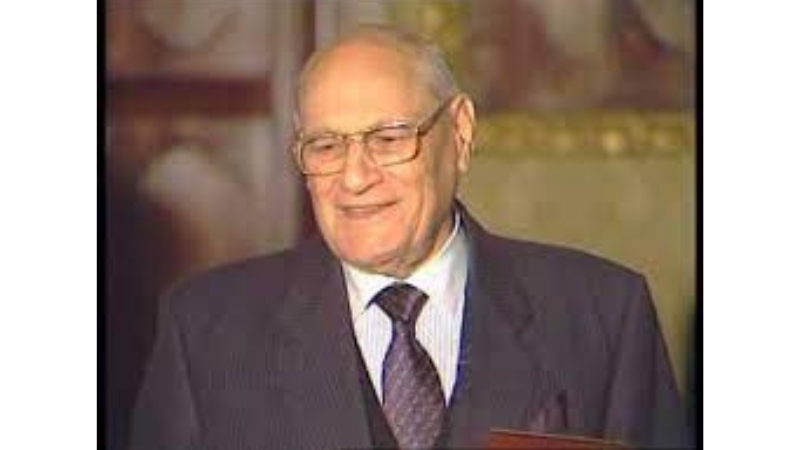Thirty-two years ago, Vincent “Censu” Tabone, Malta’s then foreign minister who went on to serve as President of the Republic, was the first to put climate change on the agenda at the UN General Assembly.
At a time when, even more so than today, no one took climate change seriously, he presented a request to the UN Secretary-General to include Conversation of Climate at the Assembly, and then to introduce the item at the plenary meeting. His speech was widely acclaimed and put Malta on the map.
“My government decided to take action at this session of the General Assembly due to the urgent need to conserve climate in the interests of mankind by protecting it against negative man-made changes,” he said at the time.
His impassioned plea led to a UN resolution two months later, which recognised climate change as something requiring “timely action”. Malta, a tiny country, had shown initiative and spoken out on a threat that many were not considering. A small, Mediterranean country had inspired change at a global level and was partly responsible for initiating the conversation on climate change and mitigation.

Former President Censu Tabone, who first put climate change on the agenda of the United Nations 32 years ago.
Thirty-two years later, Prime Minister Robert Abela took the stage at COP26 and said not an awful lot.
Speaking in front of the world’s most influential leaders and stakeholders, Abela said small island states face “grave danger” and are being “battered by climatic extremes”. After stating the obvious, he went on to say the country is committed to achieving climate neutrality by 2050.
Instead of telling the audience how Malta would do that, he said this would be very challenging for Malta and possibly not achievable.
Abela added that the world needs to act fast to mitigate the devastating impact of climate change, nothing that “as world leaders, we are here because we recognise that it’s our responsibility to find and implement solutions.”
He also said these solutions should be ones that “give our children hope for a better future and the serenity of mind that we are committed to walking the talk with real global collaboration.”
In over three decades, sadly, Malta has not progressed too far. Statistics from the World Health Organisation in 2020 categorised Malta’s air quality as “moderately unsafe” with levels of pollutants exceeding recommended amounts.
In 2018, Malta was also the only country in the EU to miss “every single target” on emissions since 2013. It consistently failed to meet obligations and tried to balance things by purchasing Annual Emissions Allocations from other countries, at a cost to the taxpayer of millions.
Malta was one of a handful of member states that increased emissions over the last 13 years instead of decreasing them.
An October European Parliament briefing on climate action in Malta noted that “Malta does not expect to meet its emissions reduction targets under the Effort-sharing Regulation domestically, but intends to make use of flexibilities, including the transfer of annual emissions allocations from other member states.”
This not only confirms that things have not changed since 2018 and that efforts are lacking, but it also suggests Abela’s comments at COP26 were nothing more than hot air.
Speaking to The Shift in August, an international climate change expert Professor David Attard issued a warning that self-regulation will not work in the fight for our planet.
“You cannot base the protection of the global climate on market mechanisms and self-regulation. In my opinion, we should go back to the proposals of the late 1980s and establish an effective, enforceable international regime,” he said.
With more than forty years under his belt as an academic, lawyer, and environmentalist, he acknowledged the sixth assessment report of the Intergovernmental Panel on Climate Change as “shocking and tragic”.
“if we succeed in attaining the Paris goals, which is unlikely, we will still be too late,” he said.
Also, in August, Professor Maria Attard, director of the Institute for Climate Change at the University of Malta, said parts of the Maltese islands could disappear completely unless urgent steps were taken to protect parts of the coast.
She explained that critical infrastructure, including the port, roads, and aerial network, were at risk as the climate crisis worsened. These issues have been raised since 2015, yet nothing meaningful has been done to combat them.
Attard also criticised the government’s slow response to the crisis, adding that the European Commission had repeatedly described several significant aspects of Malta’s Energy and Climate plan as “unambitious.”
Judging by the content, or lack thereof, of Abela’s speech in front of the whole world this week, nothing much has changed.












